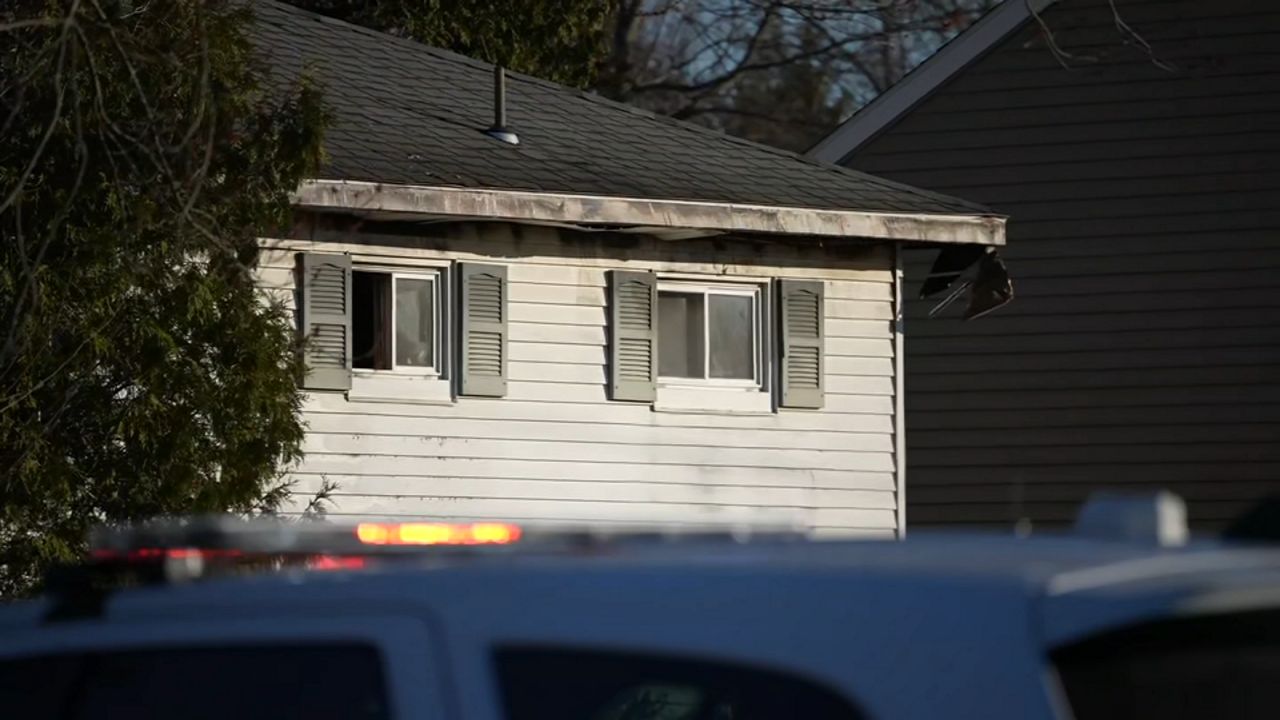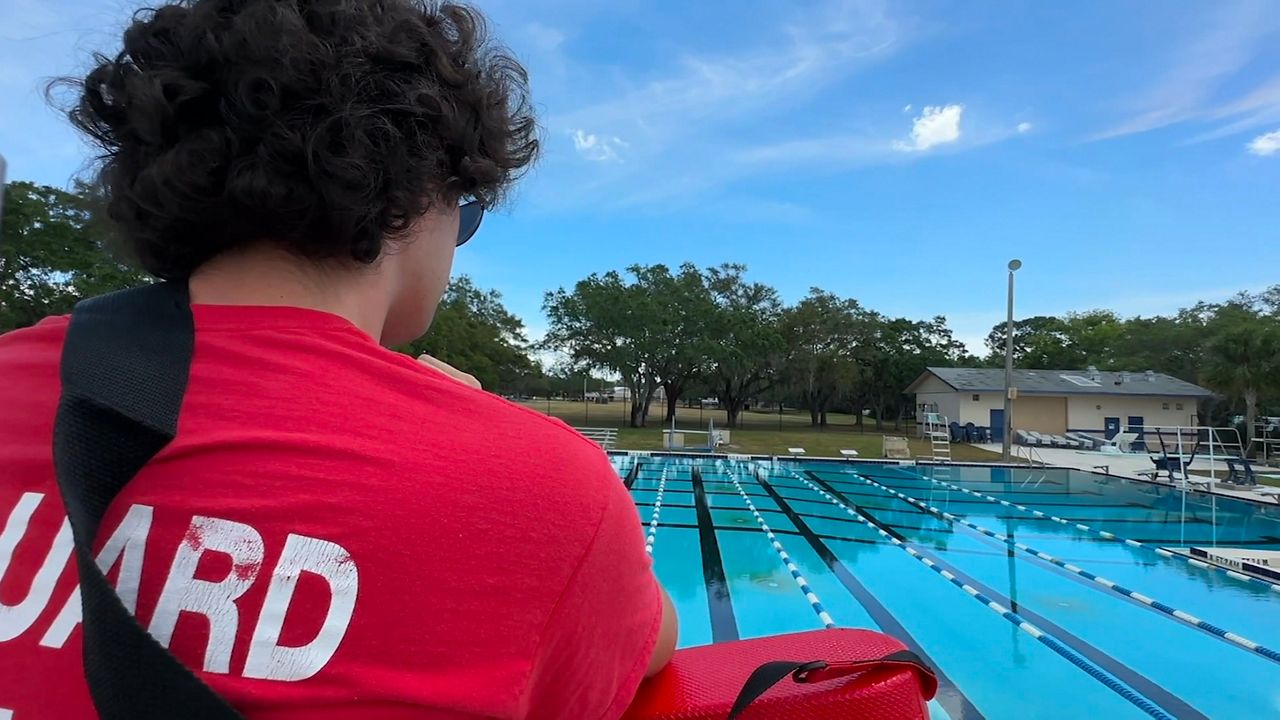The Niskayuna wastewater treatment plant is on its way to operating as a net-zero emission site, the final phase of a 7-year project.
“It's so important to become net zero because it reduces our greenhouse gas emissions, which is basically a really climate smart initiative. And it also saves our taxpayers dollars because we are generating our own energy to power our wastewater treatment plant,” said Niskayuna Town Supervisor Jaime Puccioni.
A few times a week, organic waste is trucked to the facility. That includes grease and expired soft drink waste from restaurants. From there, it’s mixed with the municipal waste.
What You Need To Know
- The Niskayuna Wastewater Treatment Plant and its organics processing program are looking to achieve net zero and generate revenue
- It's in the final phase of a 7-year project that began in 2016 with a $32 million investment
- By processing organic waste, the plant generates methane gas that is captured and used to power the plant
“Most people don't understand how we get clean drinking water and what happens to the sewage we create,” said Puccioni.
In concrete cylinders, micro-organisms break down the organic waste, converting it to methane gas. The methane gas is used to generate electricity for the plant.
“If we can burn that methane in place of natural gas, it's a win-win for everybody,” said Matthew Yetto, Niskayuna superintendent of Water, Sewer and Engineering.
Grinders remove any debris from the wastewater, and then it’s disinfected with UV light.
“This is the last component in the process before the water is released back into the Mohawk River,” said Niskayuna Senior Civil Engineer Daniel Bolke.
When Puccioni became town supervisor in 2022, she made it her mission to complete the organic processing program, a project that has seen numerous delays since 2016.
“When I served in the Peace Corps, I lived in a developing nation, and I did not have running water or sewage. And it helped me really understand what life would be like if we didn't have this type of infrastructure. And so when I returned to the United States, I had a greater appreciation for the fact that I could simply turn on my faucet and go get clean water,” said Puccioni.










